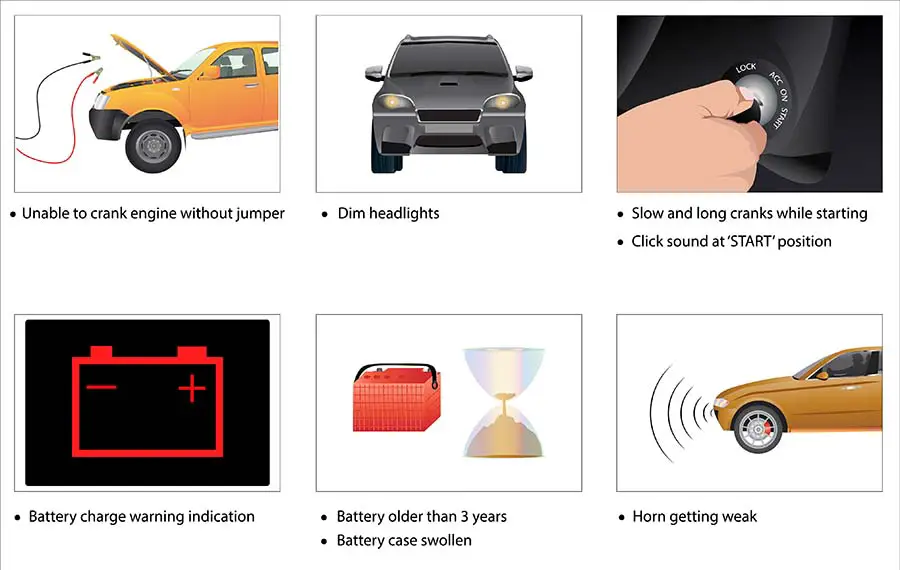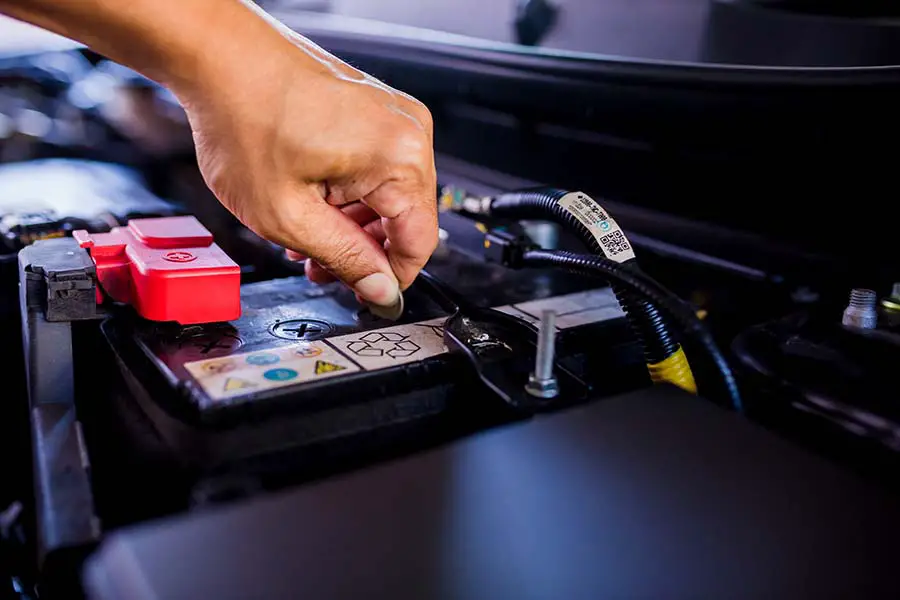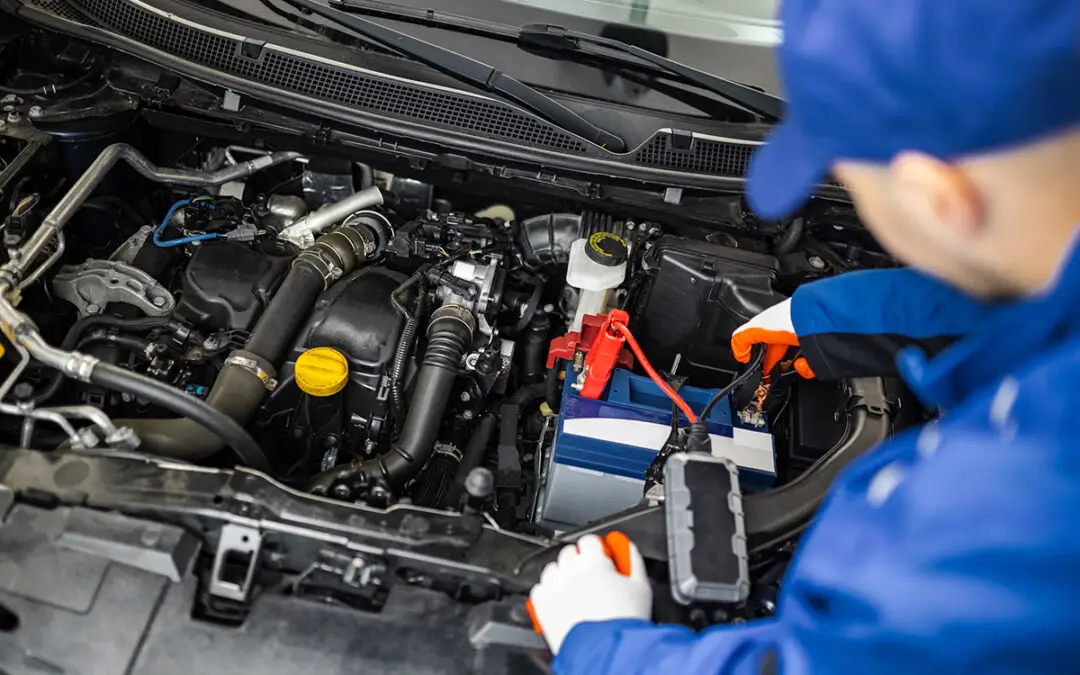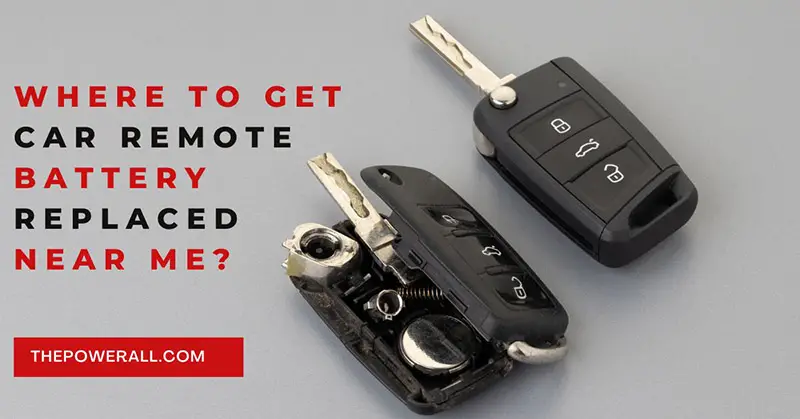In every vehicle’s core, the batteries generate energy that keeps the engine running. In order to know what to anticipate and when it might be time to get a new one, it is important to be aware of the commonly asked questions regarding the battery lifespan.
How Long Does A Car Battery Last?
Tires and batteries are both wear-and-tear components that require replacement from time to time. Never have I seen batteries that surpass the life spans of the vehicles they were first put in.
Their usable life is affected by various variables, including the kind of vehicle it is placed in, how many miles are driven on a daily basis, and the environment it is used in.
In optimal circumstances, the average battery life is from five to six years; however, your results may vary. If you try to use your battery longer than that, this can lead to a dead battery situation. Because of this, the majority of manufacturers advise consumers to change this part every five years.
Ideal circumstances include the battery being consistently fully charged, the automobile’s electrical system in excellent condition, and the battery not frequently being exposed to extremely warm weather or extreme cold.
Modern batteries are made to operate at full capacity over time until they malfunction. That implies that you could only have a few emergency alert indicators that it’s about to break down.
Battery Life Impacting Factors
Several factors might impact your battery life, making it challenging to provide a definitive answer for how long your battery will last.
Battery Age
Battery age isn’t how long the battery has been in the car. We refer to the amount of time it was shown before being purchased. Average car battery life decreases even when they are just resting on a rack and can no longer be fully charged.
A lead-acid battery typically undergoes 500–1200 charge-discharge sessions before losing 80% of its original capacity. Even then, battery cells don’t abruptly quit functioning. The pace of battery deterioration will remain constant.
For instance, a battery can hold 80% of its initial capacity after 1000 cycles. It continues to operate until its capacity falls to 60%. As a result, there is little chance of an abrupt bad battery.
Where You Live
A car battery’s longevity is greatly influenced by where you reside, especially in areas with high temperatures. In addition, your battery’s longevity might be significantly impacted by extreme temperatures – extreme heat or cold.
Driving in an area with year-round high temperatures can cause your battery capacity to deplete more quickly than if you were doing it in cold weather. Heat speeds up the chemical reactions that automobile batteries use to produce power but also quickens the pace at which batteries deteriorate.
But don’t get overconfident. Car batteries are also not friends of the cold. During the bitterly cold, a fully loaded battery may feel noticeably weaker. Even worse, if the temp drops below -23 degrees Celsius, a partially charged battery might totally freeze.
Driving Habits
Your car’s battery must be changed often for maintenance, although long and intermediate distance excursions won’t strain your generator. However, you could be reducing the longevity of your battery while driving very short distances. The battery charge depletes more quickly during extremely brief excursions than the charging device can replenish.
Since the battery only performs 100% of the duty when the car is running, this is the most demanding situation for a battery. Nevertheless, the battery functions primarily as primary storage and a managed switch for the extra power that the generator produces.
Inactivity can significantly shorten the life of your battery. Your battery will run out of power if you don’t travel frequently or just use the car for short distances.
Vibration
The battery cell elements may deteriorate more quickly if the surrounding equipment vibrates. Your battery’s lifespan might be drastically shortened by missing or lost components.
Vibration might hasten the battery’s degeneration in your car. The majority of automobiles feature a battery hold-down mechanism to reduce vibration.
Still, some drivers are unaware of how crucial this is and never replace it when a battery has to be changed. Without this equipment, your battery would wobble and occasionally vibrate erratically, which might quickly result in a flat battery.
Signs That Your Car Battery Needs Replacing

As noted previously, the latest batteries are made to operate at fully charged batteries right up until they break down, so you might not notice that your battery is becoming low while driving. However, several warning indications exist, particularly if your current battery is an older model.
Engine Starts Slower
When you get into your car and realize that it takes a while to start, it may indicate that your battery is soon to die. The battery’s parts deteriorate and lose power over time.
Dim Lights
Your lights may briefly flash when you turn on equipment, such as the air conditioner, but this is quite normal. The flicker is caused by the alternator failure to respond to the increased power consumption. However, if your headlights continue to dim even after turning on equipment, the problem can be a drained battery.
All of the electronic parts of your car are powered by your battery. Your battery may be nearing the end of its useful life if you discover that your other accessories aren’t working as they usually do.
Battery Connectors With Corrosion
Open the hood and visually check the battery. Corrosion is visible if you see a whitish, ashy material on the metals of the battery. You can have difficulties starting your automobile if the battery’s positive and negative contacts are corroded.
See more: How To Clean Battery Corrosion
Implicit Battery Case
Take notice of the battery case’s form while you visually scrutinize the battery. The casing of your battery may break and bulge if it has been in very hot or cold conditions. There is a good chance your battery isn’t functioning correctly if the casing isn’t rectangular.
See more: 8 Signs Your Car Battery Is Dying
How Can You Maximize Your Car Battery Life Expectancy?
Driving Conditions Evaluation
While you can’t alter where you reside, there is a good chance that your battery might have a weak signal if you often drive on rough roads. Tighten the clip keeping the battery down as well as your battery cable connectors.
In order to keep the battery from shifting and minimize vibration, which over time may corrode the internal battery components, you may also use the specialized hold-down gear.
Let Your Battery Fully Charged
Let your battery stay fully charged when your vehicle is off is preferable. Always ensure your equipment and lights are turned off before getting out of your car.
See more: What Should A 12 Volt Battery Read When Fully Charged?
Avoid Leaving Your Car Idle For Extended Durations
Every battery will eventually lose energy, and letting your battery expire will drastically reduce its lifespan. You should attach your battery to a trickle generator if you leave your car idle for more than a week. Doing this may prevent your battery life from being shortened by prolonged sitting.
Conclusion
Knowing lifespan of a car battery is a good idea whether you’re still using the battery that came with your car at first or have subsequently bought a new one.
You would, quite literally, get nowhere without a functional automobile battery. It is in charge of turning on the ignition system and supplying electricity to your car.









0 Comments